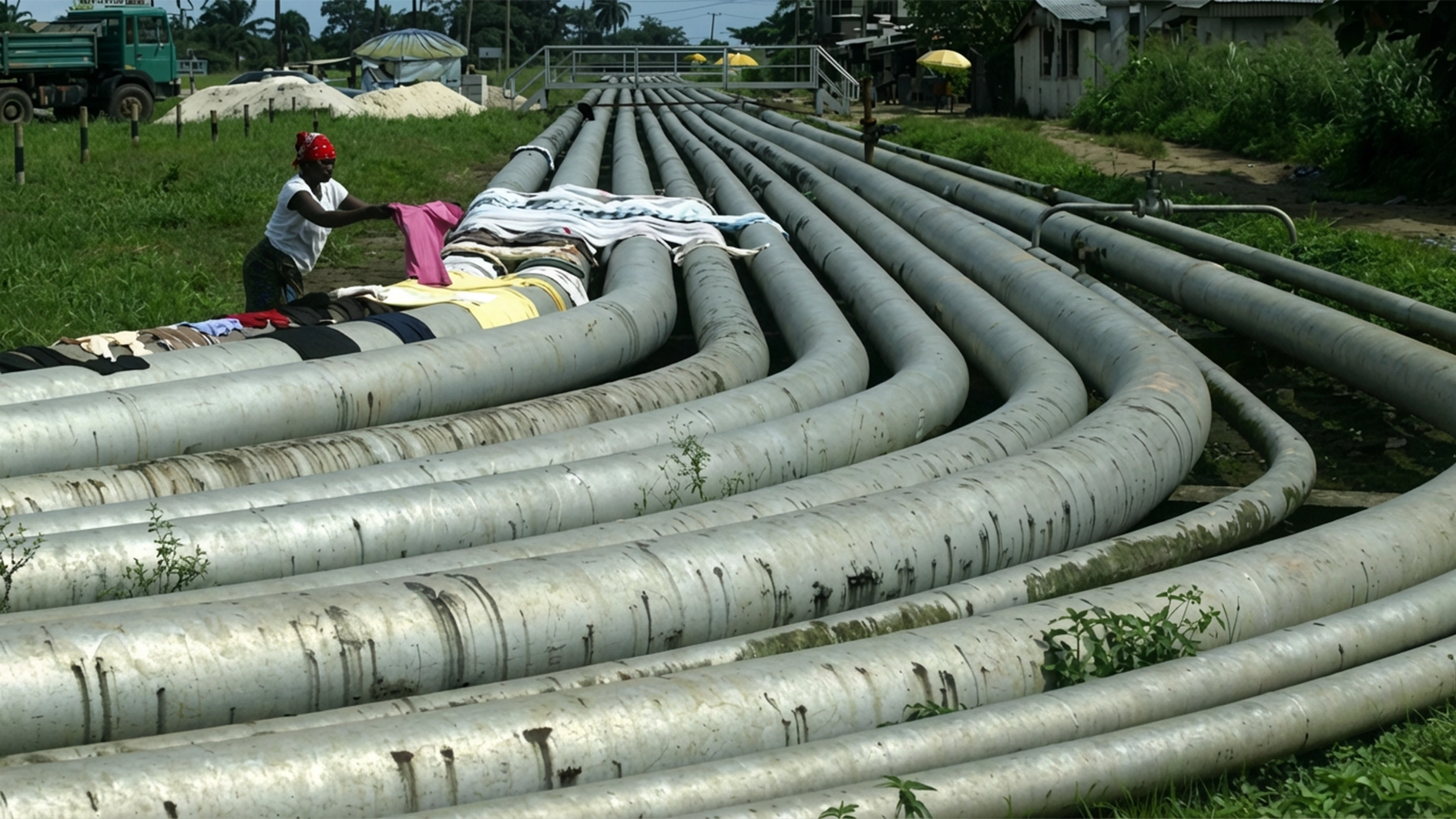Dangote Petroleum Refinery has refuted recent reports alleging arbitrary dismissals and anti-union practices at its Lekki facility, insisting that its ongoing reorganisation exercise is driven by safety and security concerns rather than labour suppression.
The clarification follows reports of job terminations confirmed by oil workers’ unions, alongside accusations of poor labour practices.
The Petroleum and Natural Gas Senior Staff Association of Nigeria (PENGASSAN) and the Nigeria Union of Petroleum and Natural Gas Workers (NUPENG) recently alleged that the refinery denied some categories of workers the right to unionise, while paying wages below industry standards. NUPENG went further to threaten strike action if the issues were not addressed.
In a statement issued on Friday and signed by branch chairman, Abdulfatai Muhammed, and branch secretary Eseoghene Choice, PENGASSAN alleged that refinery workers who recently unionised were subjected to intimidation and abruptly removed.
According to the union, events unfolded on September 25, 2025, after the first batch of unionised members’ list was submitted to management. “A meeting was held with members, during which they were asked to indicate their membership in PENGASSAN. Overwhelmingly, staff at the refinery affirmed YES,” the statement said.
PENGASSAN further claimed that by evening, management withdrew staff buses, forcing employees to pay out of pocket for transportation. Later that night, between 6:30 p.m. and 7:00 p.m., Nigerian workers were allegedly denied access to the facility, while expatriates were allowed in.
“At about 9:59 p.m., workers received a mass termination email addressed to ‘all staff’ of Dangote Petroleum Refinery & Petrochemicals FZE,” the statement added. The union also alleged that its caretaker committee chairman was targeted for arrest, describing the move as “an attempt to intimidate labour leaders” and a violation of Section 40 of the 1999 Constitution, which guarantees freedom of association.
However, Dangote Petroleum Refinery stressed that its action was a response to “intermittent cases of sabotage in the various units of the refinery with dire consequences on human life and related safety concerns,” not an attempt to victimise staff.
“The Dangote Petroleum Refinery wishes to clarify recent reports concerning the ongoing reorganisation within its facility. This exercise is not arbitrary. It has become necessary to safeguard the refinery from repeated acts of sabotage that have raised safety concerns and affected operational efficiency,” the company said in a statement.
The company added that only a small number of employees were affected and confirmed that “over 3,000 Nigerians continue to work actively in our petroleum refinery, at present.” It also highlighted ongoing recruitment through graduate trainee programmes and experienced-hire processes as evidence of its long-term employment commitment.
“The foregoing decision was taken in the best interest of the refinery as a result of intermittent cases of sabotage in the various units of the refinery, with dire consequences on human life and related safety concerns.
“We remain vigilant to our internal systems and vulnerabilities to ensure the long-term stability of this strategic national asset. It is imperative to protect the refinery for the benefit of Nigerians, our partners across Africa, and the thousands of people whose livelihoods depend on it,” it added.
On the unionisation debate, the company maintained that it upholds global labour rights: “We recognise and uphold internationally accepted labour principles, including the right of every worker to freely decide whether or not to join a union. Our commitment to workers’ rights is unwavering.”
Positioned as Africa’s largest single-train refinery with a capacity of 650,000 barrels per day, the Dangote facility is regarded as a strategic national asset expected to reduce Nigeria’s reliance on imported petroleum products. The company reiterated its pledge, stating: “We will continue to work in partnership with our employees, regulators, and stakeholders to uphold the highest standards of safety, transparency, and accountability.”






